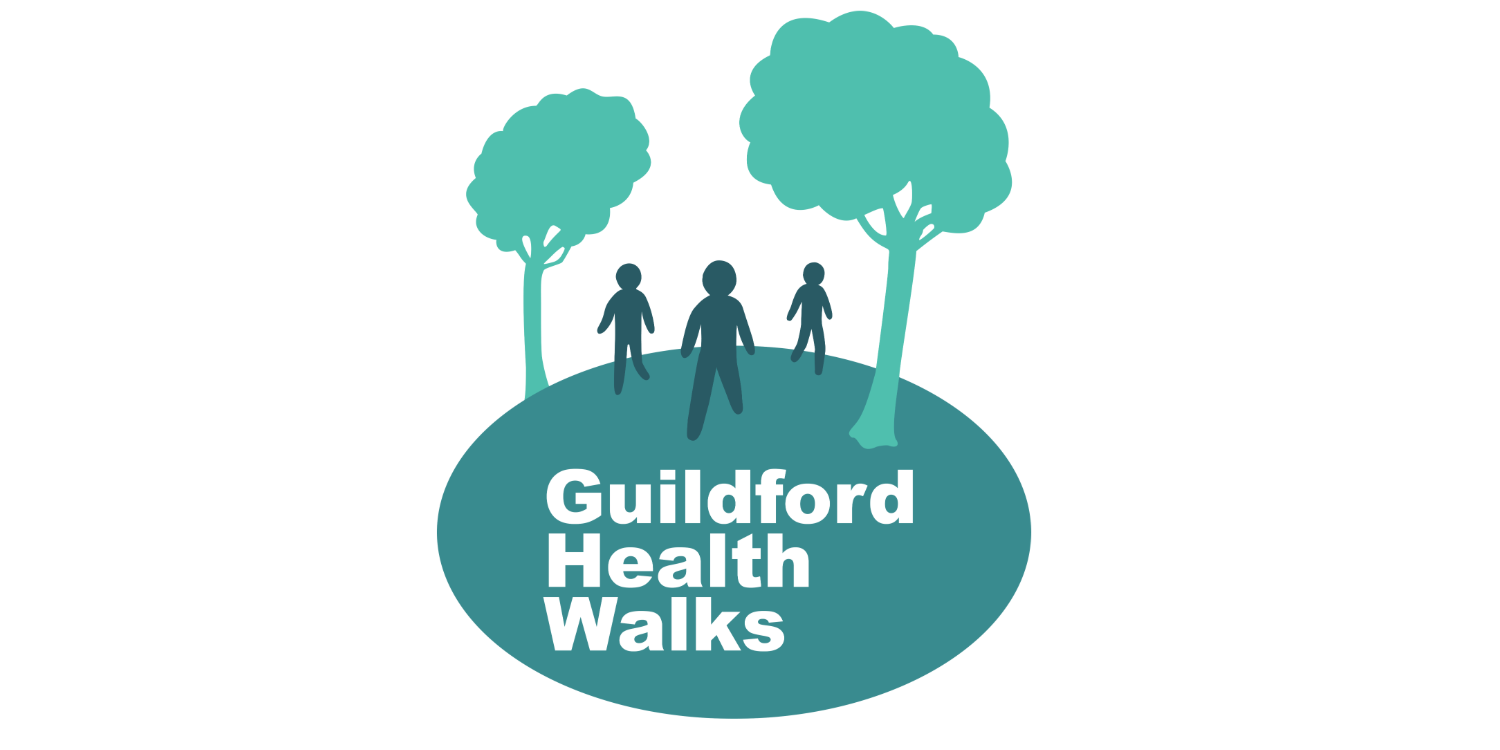Health & Nutrition
TOP STORIES

Step out with Guildford Health Walks
You often hear people say “autumn is my favourite season” imbued with rich vibrant colours, the temperature becomes cooler and the air fresher, perfect to join a Guildford Health Walk says volunteer Michele Roach

Smile with Happy Face Yoga
Transform your wellbeing, one smile at a time at Burpham Yurt

A Warm Welcome Awaits Residents At Friends Place
Charity, Friends of the Elderly, opens new state-of-the-art Care Home – Friends Place – in Calcot, Reading

Compassionate advice on working through grief
Celebrant Fiona Mac advises how to work through grief ahead of the next Abingdon Compassionate Café on 20th June Balancing …
Continue reading "Compassionate advice on working through grief"

Star Q&A With Joe Wicks AKA The Body Coach
Liz Nicholls chats to fitness star & dad Joe Wicks, AKA The Body Coach, who stars at Kew on 6th July

Sport Godalming welcomes first Ambassador, Yaz
Junior international bowls player Yaz Hasan is aiming to inspire in her new role with Sport Godalming

Neurodivergence: support goes beyond the labels
To mark Mental Health Awareness Month, Tom Murfitt, clinical director & founder of Oxford CBT, explains why celebrating those whose brains work differently is so important

Evie Whitehead: ‘listen to your gut!’
Local nutritional therapist Evie Whitehead, DipION, mBANT, CNHC, who recently launched podcast series with ITN, advises us all to trust our gut!

Astrology & Tarot for April
What’s in store for you this month? Melanie Harding, founder of Soul Healing Guidance, offers some useful guidance for all signs to help you navigate April
No posts found
No posts found
No posts found
No posts found

ABOUT US
Over the Years

2025
Round & About now have 31 editions reaching over 620,000 homes each month
22 employees, and over 600 businesses advertising each month
2019
The team won gold for Commercial Team of the Year and Regional Media Brand of the Year
at the British Media Awards 2019
2016
Round & About held
the first of two SO
Food Festivals
in Wallingford in September




